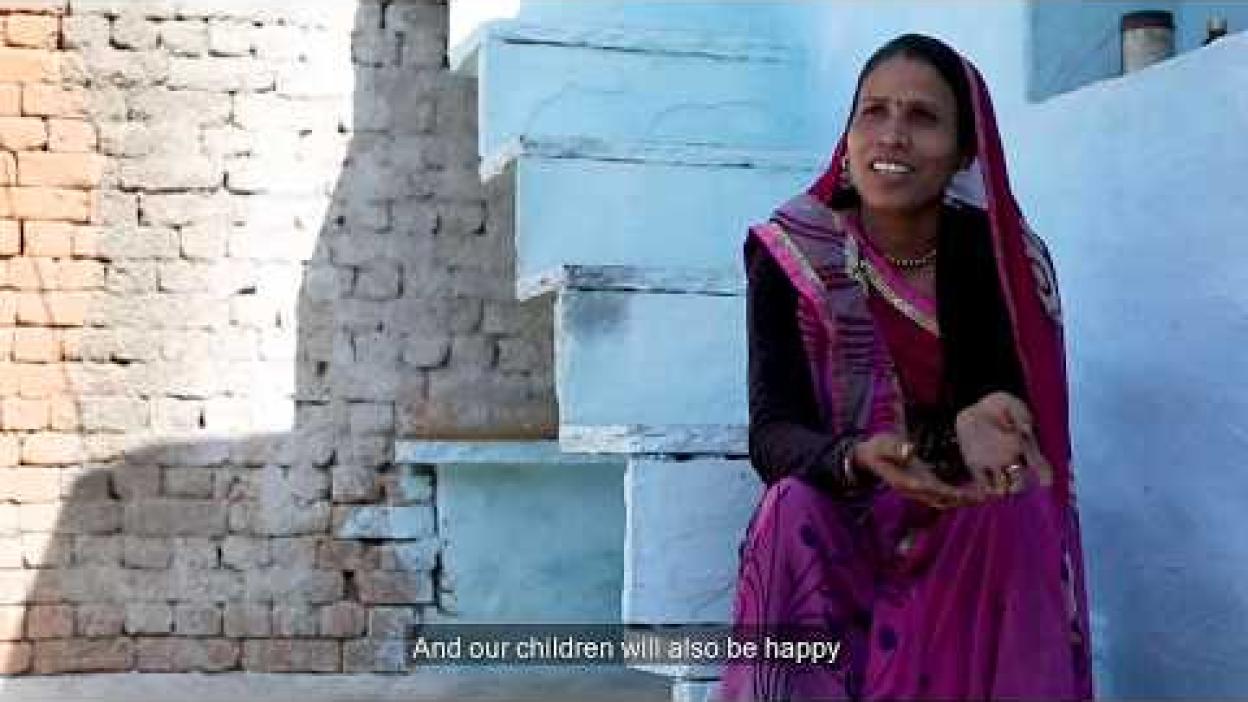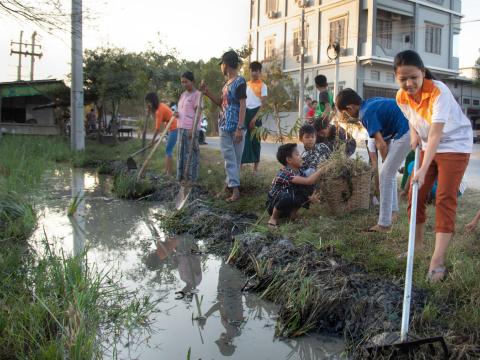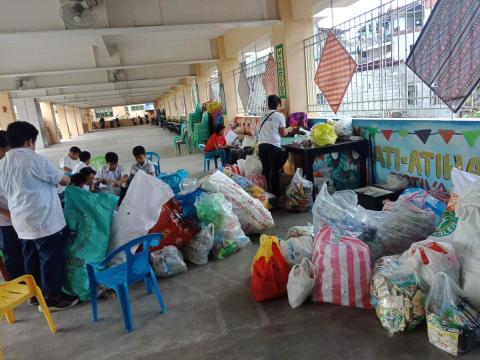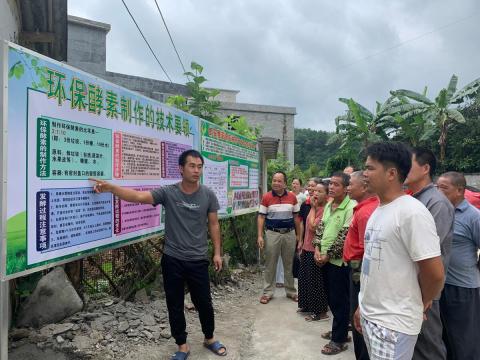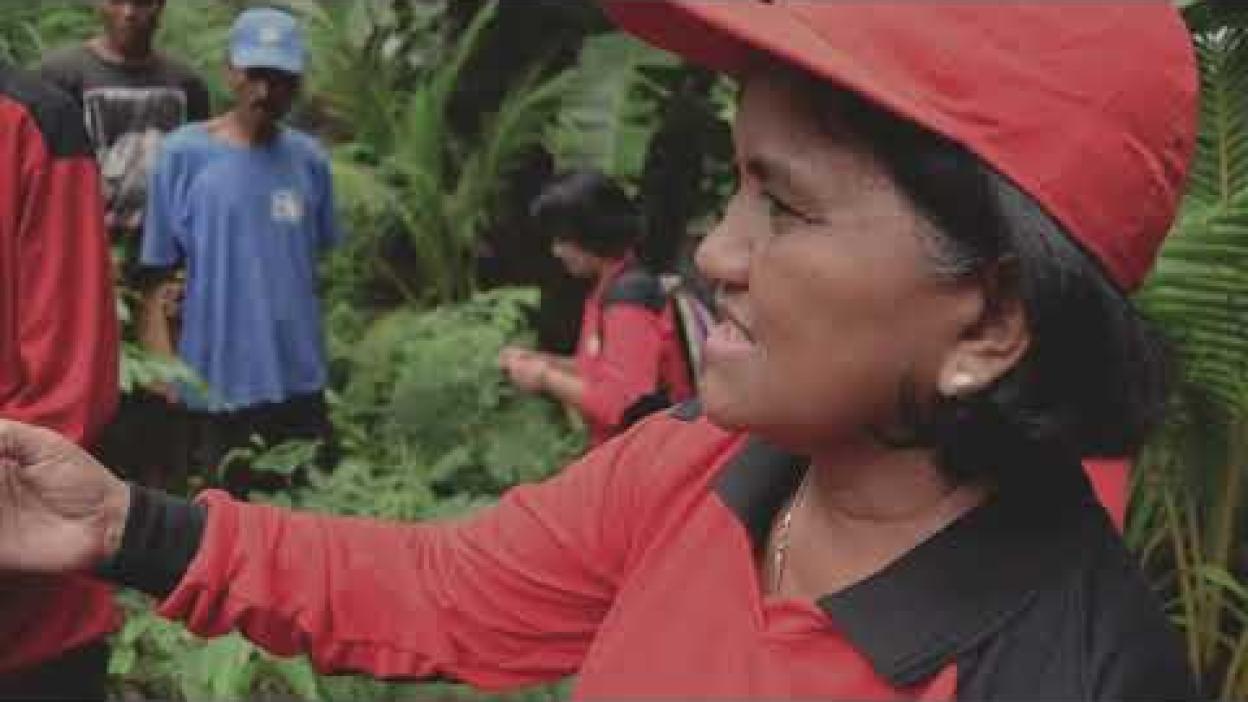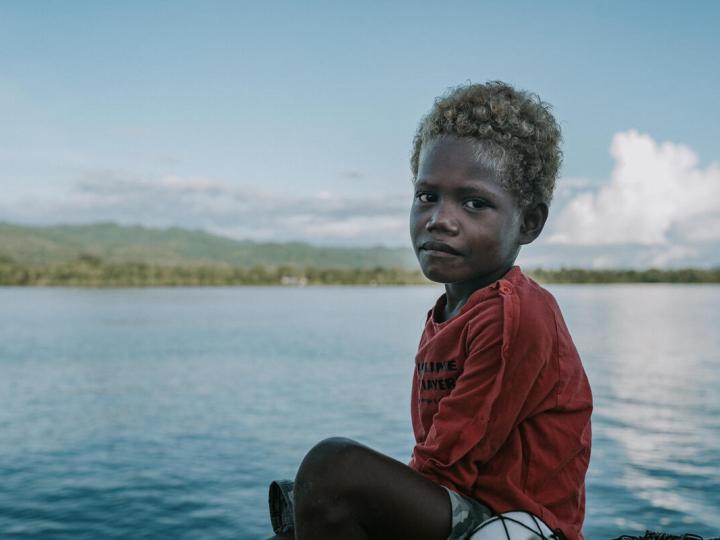
World Earth Day
Climate change has been a trending global topic that concerns everyone. Children are particularly at risk in a disaster and vulnerable to the incremental impacts of climate change.
World Vision has been working with national and regional government bodies to improve disaster management policies and processes. We brought community voices and inputs to the forefront through different platforms to advocate for inclusive and appropriate disaster preparedness actions about infrastructure, systems, schools and communities.
This World Earth Day, everyone has the ability to do something to address our climate challenge, but we can all still do more. What will you do?
